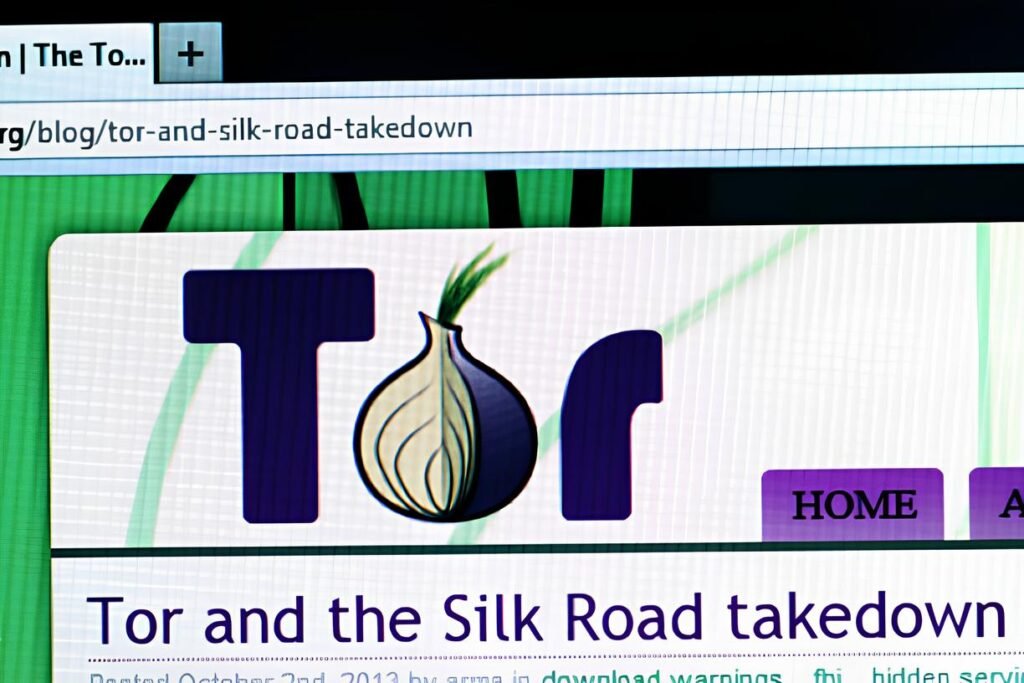Imagine entering a bustling online café where nobody knows your name, face, or even the shape of your voice. You’re just another silhouette amid countless shadows, seeking connections, advice, or shared experiences. But how do you build trust here—when revealing your true identity would throw away all the protection that anonymity grants?
In the hidden corners of the internet, particularly on Tor forums, this dilemma is all too real. These communities thrive on secrecy and discretion, yet human nature craves reliability and credibility. Without traditional markers like real names or verified profiles, trust must be forged differently.
In This Article
The Paradox of Anonymous Trust
Trust is a social glue. It binds people, communities, and transactions. But in places designed to hide identities, trust may seem to be in short supply. How can you expect strangers to rely on your words when everything you say could come from a ghost?
On the surface, Tor forums present a paradox: absolute anonymity versus the human need for accountability. Regular internet users can verify someone’s background by a few clicks or ask friends online. Tor users, however, utilize pseudonyms without links to verifiable identities, making it easier for bad actors to impersonate and betray.
This unique challenge breeds creative solutions, from digital reputation systems to cryptographic signatures, balancing privacy with trustworthiness.
Understanding Tor Forums and Pseudonymity
Tor-based forums are actually quite diverse. Some focus on political activism, others on tech support or marketplaces — but all share the principle of pseudonymity. Users often choose handles unrelated to their real-world selves, lingering long enough to develop credibility but never revealing too much.
Unlike social media, where identity is often rigid and tied to real information, Tor forums depend on usernames that act like masks. They create digital personas that might live for months or years, allowing community members to gauge reliability based on interactions, not external validation.
However, pseudonymity requires discipline. Without it, your carefully built persona can fracture, risking exposure or loss of trust.
Reputation-Building Strategies in Anonymous Spaces
So how exactly do users build trust without revealing personal data? Here are some of the most effective strategies used across Tor forums:
- Consistent Behavior: Repeatedly contributing valuable insights or assistance builds a reputation over time, reinforcing positive impressions.
- Verifiable Work: Sharing proofs such as PGP-signed posts or references to publicly verifiable facts can demonstrate authenticity.
- Participating Actively: Frequent, quality participation signals engagement and reduces suspicion compared to one-off or erratic posters.
- Using Long-Term Pseudonyms: While changing identities preserves anonymity, stable pseudonyms hold social capital more effectively. Some people even maintain multiple personas for different contexts.
- Employing Private Messaging & Encryption: Trust often deepens through confidential dialogues using encrypted channels, giving users confidence in discretion.
Many Tor forums employ “karma” or reputation scoring systems, but experienced users understand these can be gamed — hence, reputation extends beyond scores to behavioral consistency.
Key OpSec Habits to Maintain Trust
Building trust is only half of the challenge. Maintaining it without risking your real identity demands strict operational security (OpSec). Here are essential habits to keep in mind:
- Never reuse real email addresses or personal information. Establish encrypted, anonymous email accounts for registration and private communication.
- Use dedicated devices or isolated environments to prevent accidental leakage through metadata, cookies, or browser fingerprinting.
- Always sign sensitive messages with your PGP key. This cryptographic signature authenticates communication without revealing your real name.
- Avoid time-based patterns that can create behavioral fingerprints. Irregular login times and varied message lengths help obscure your digital habits.
- Store cryptographic keys and pseudonymous credentials securely. Losing control means losing trust you’ve built, so backups and air-gapped storage are vital.
Leveraging Cryptography to Secure Trust
Cryptographic tools unlock a unique form of trust without personal identity. PGP (Pretty Good Privacy) is one of the best-known methods, offering:
- Verification: You can prove that messages or documents originated from you by signing them cryptographically.
- Confidentiality: Encrypted messages ensure that only intended recipients can read content, safeguarding sensitive information.
Many seasoned Tor forum users publish their public keys linked to their usernames or forum profiles. Over time, the community verifies these keys through exchanges, enhancing authenticity.
More advanced users may combine cryptographic techniques with decentralized identity approaches, creating trust anchors that cannot be forged or faked.
Interested in enhancing trust through cryptography? Explore techniques shared in Interlinking tools: connecting PGP, Tor, and crypto safely to build robust, anonymous digital relationships.
Managing Risk Without Sacrificing Anonymity
Despite best efforts, darknet forums are inherently susceptible to infiltration, scams, and surveillance. Guarding trust means managing risk intelligently.
Start by vetting new contacts cautiously. Avoid sharing unnecessary personal details or side channels until you’re comfortable with their reputation.
Consider using disposable pseudonyms or “burner” accounts to test interactions, especially in unfamiliar or higher-risk communities.
Always inspect the technical hygiene of the forum itself. Hidden services sometimes have tracking vectors such as embedded JavaScript or fingerprinting schemes that can erode anonymity.
To stay informed, check out community resources like Navigating darknet forums without exposing yourself for practical advice on operational security in anonymous spaces.
Frequently Asked Questions
Q: Can I ever fully trust someone on a Tor forum without an identity?
A: Complete certainty is rare online, especially under anonymity. Trust builds gradually through consistency, cryptographic proof, and community reputation rather than blind faith.
Q: Should I use multiple pseudonyms for different forums?
A: Yes. Separating your digital personas reduces the risk of accidental cross-identification and preserves compartmentalization of your trust circles.
Q: How do I protect my PGP keys on anonymous setups?
A: Store keys on encrypted, air-gapped devices or use secure hardware wallets if compatible. Never share your private key.
Q: Does anonymity increase vulnerability to scams?
A: Sometimes. Without identity verification, scammers find fertile ground. Relying on cryptographic signatures and community recommendations helps mitigate this.
Q: What if my trusted pseudonym is compromised?
A: Rebuild carefully under a new identity, preserving lessons learned. Good OpSec can prevent re-exposure from past accounts.



